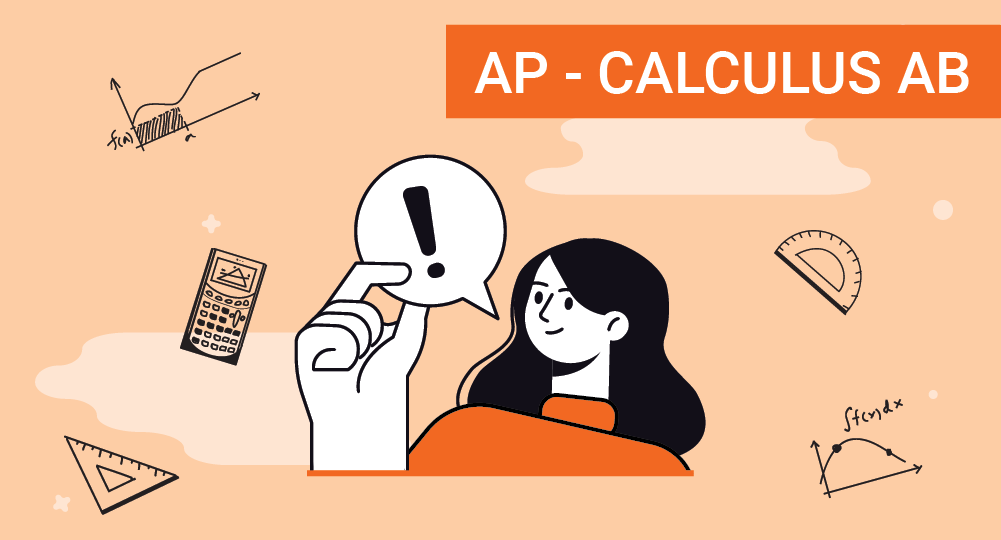
Grade 6 Science
Grade 6 Science covers the chapters Natural selection and genetics, Growth reproduction, Ecosystem, Matter in our surroundings, Chemical changes, Earth's systems, Natural resources and Hazards, Force and energy and Heat, light and sound.
What you'll learn
- 1
Natural Selection and genetics: Darwin's theory, Isolation and speciation, Collecting fossils, Introduction to Genetics, Mendel's Experiments, Genes and Chromosomes, Punnett squares, Pedigree, DNA and Genome, Effects of Gene Mutations, Genetic Engineering.
- 2
Growth and reproduction: Introduction to growth and development, Local conditions affect the growth of plants, Beneficial, Harmful and neutral effects, Plant Reproduction, Plant life cycles, Characteristics of Living Organisms, Introduction to Classification, Five Kingdoms, Sexual Reproduction in Plants.
- 3
Ecosystem: Ecosystem and Its Components, Food Chain and Food Web, Interactions in an Ecosystem, Food Chain and Food Web, Energy Pyramids, Climate and Climatic conditions, Land Ecosystem, Aquatic Ecosystem, Limiting Factors of an Ecosystem, Symbiosis, Biodiversity in Coral Reefs, Succession and Species, Evidence for Evolution.
- 4
Matter in our surroundings: Constituents of matter, States of matter, Diffusion, Melting point and freezing point, Vaporisation and boiling point, Condensation, sublimation, Deposition, Mixtures.
- 5
Chemical changes: Metal, non-metals and metalloids, Acids, bases and salts, Carbon and its compounds, Radioactivity, Composition of Air, Importance of components of air, Types of air pollutants, Prevention of air pollution.
- 6
Earth's system: Earth's atmosphere, The Sun’s Continuous Spectrum, The Earth's system, Minerals, 1. Weathering, Erosion and deposition, Hydrologic cycle, Rock cycle, Heat, Continental drift, Seafloor spreading, Plate tectonics.
- 7
Natural Reosurces and Hazards: Natural hazards - by external energy, Internal energy - Earthquake, tsunami, volcanic eruptions, Renewable resources, Non-renewable resources, Using enegy resources, Conservation of resources, Rock and mineral resources.
- 8
Force and energy: Forces-A result of interactions, Net force, Effects of force, Kinetic energy, Potential energy, Mechanical energy, Contact and non-contact forces, Speed, velocity and acceleration, Friction, Newton's laws of motion, Weightlessness, Power, Simple Machines.
Skills you'll learn
Analyzing graphs, tables, and charts to extract relevant information
Applying scientific principles and concepts to solve problems and answer questions
Evaluating experimental designs and identifying potential flaws or sources of error
Familiarity with basic scientific principles in biology, chemistry, physics, and Earth science
Applying logical reasoning and critical thinking skills to scientific scenarios
Making connections between different scientific concepts and applying them to novel situations
Understanding the main ideas and supporting details presented in scientific texts
Making connections between different scientific concepts and applying them to novel situations

















